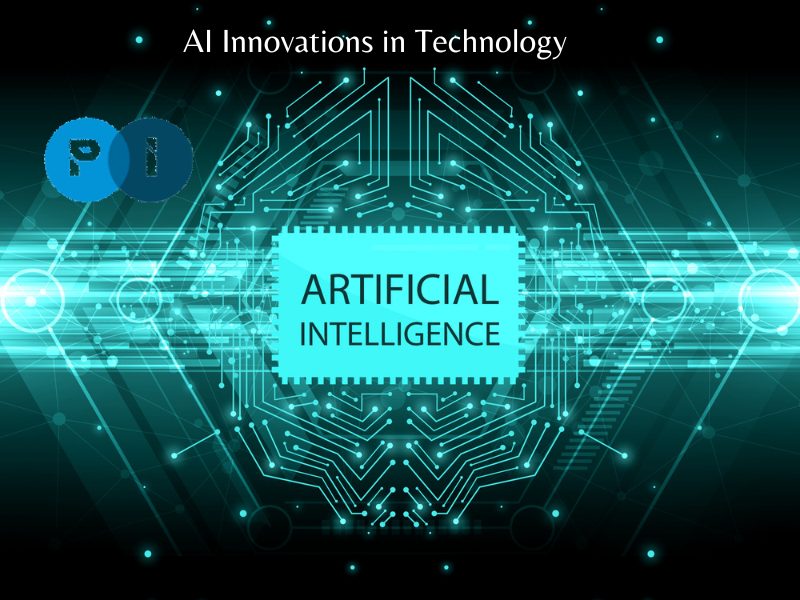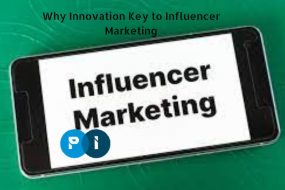
Artificial Intelligence (AI) has been making waves in the technology industry for several decades now, and its impact has been felt in almost every aspect of our lives. From self-driving cars to voice-powered virtual assistants, AI has been changing the way we interact with technology, and the pace of innovation in this field is only getting faster. In this article, we’ll take a look at some of the latest AI innovations and what they mean for the future.
Below are some AI Innovations:
AI-powered Personal Assistants
One of the most prominent applications of AI is in the development of personal assistants. Virtual assistants like Apple’s Siri, Amazon’s Alexa, and Google Assistant have been around for a while, but they’re becoming more advanced with each passing day. These virtual assistants use natural language processing (NLP) and machine learning algorithms to understand and respond to user requests. They can perform a wide range of tasks, from playing music to setting reminders, and they’re becoming more contextually aware, which means they can understand the meaning behind what you’re saying and respond accordingly.
AI-powered Healthcare
AI is also having a significant impact on the healthcare industry. AI algorithms can be trained to diagnose diseases, analyze medical images, and even predict potential health outcomes. This is helping doctors make more informed decisions, and it’s also making healthcare more accessible to people in remote or underserved areas. For example, an AI system could analyze a patient’s medical images and provide a diagnosis without the need for a human doctor to be physically present. This could have a profound impact on healthcare delivery, especially in areas where access to medical care is limited.
AI-powered Cybersecurity
Cybersecurity is a growing concern for individuals and organizations alike, and AI is playing a critical role in helping to keep our data and systems safe. AI algorithms can be trained to detect and respond to potential threats in real-time, which can help prevent attacks before they happen. They can also help organizations quickly identify and respond to data breaches, reducing the risk of sensitive information falling into the wrong hands.
AI-powered Customer Service
Customer service is another area where AI is having a major impact. AI-powered chatbots can provide customers with immediate assistance, 24 hours a day, seven days a week. They can answer common questions, provide product recommendations, and even handle basic customer service tasks, freeing up human representatives to focus on more complex issues. As AI technology continues to improve, chatbots are becoming more sophisticated and human-like, making it easier for customers to interact with them.
AI-powered Financial Services
The financial services industry is also being transformed by AI. AI algorithms can be trained to analyze large amounts of financial data to identify trends and make predictions. This can help financial institutions make more informed decisions and provide better services to their customers. For example, AI systems can be used to identify potential fraud, predict stock prices, and even provide personalized investment advice.
AI-powered Manufacturing
Manufacturing is another industry that’s being transformed by AI. AI algorithms can be used to optimize production processes, reduce waste, and improve quality control. For example, an AI system could monitor a production line in real-time, identifying and correcting issues as they arise. This can help manufacturers reduce downtime and improve efficiency, leading to cost savings and improved profitability.
AI-powered Energy
AI is also having an impact on the energy industry. AI algorithms can be used to optimize energy consumption and improve the efficiency of energy production. For example, an AI system could monitor a building’s energy usage, identifying areas where energy consumption could be reduced. This could lead to significant cost savings, as well as a reduction in greenhouse gas emissions. Additionally, AI can be used to optimize renewable energy production, such as wind and solar power, by predicting energy demand and adjusting energy production accordingly. This can help ensure that the energy grid remains stable and secure, while also reducing the cost of energy production.
AI-powered Transportation
The transportation industry is also being transformed by AI. Self-driving cars are becoming increasingly common, and they have the potential to revolutionize the way we travel. With the help of AI algorithms, self-driving cars can make decisions in real-time, respond to changing road conditions, and even anticipate potential hazards. This can lead to safer and more efficient transportation, as well as reduced traffic congestion. Additionally, AI can be used to optimize delivery routes and reduce the carbon footprint of delivery vehicles, leading to improved sustainability and reduced costs.
AI-powered Agriculture
Agriculture is another industry that’s being impacted by AI. AI algorithms can be used to optimize crop production, reduce waste, and improve sustainability. For example, an AI system could monitor soil conditions and adjust irrigation and fertilization accordingly, leading to improved crop yields and reduced water usage. Additionally, AI can be used to predict weather patterns, helping farmers make informed decisions about when to plant, cultivate, and harvest their crops.
AI-powered Education
Finally, AI is also having an impact on the education sector. AI algorithms can be used to personalize learning experiences and provide students with personalized feedback. For example, an AI system could analyze a student’s performance on a particular assignment and provide feedback on areas where they need to improve. This can lead to more effective learning, as well as improved outcomes for students. Additionally, AI can be used to optimize teaching resources, such as textbooks and course materials, making education more accessible and affordable for everyone.
In conclusion, AI is changing the way we live and work, and its impact will only continue to grow in the coming years. As AI technology continues to improve, we can expect to see more and more innovative applications, leading to a brighter, more connected future for all of us. Whether it’s in healthcare, transportation, or education, AI has the potential to make a positive impact on our world, and it will be exciting to see what the future holds.






